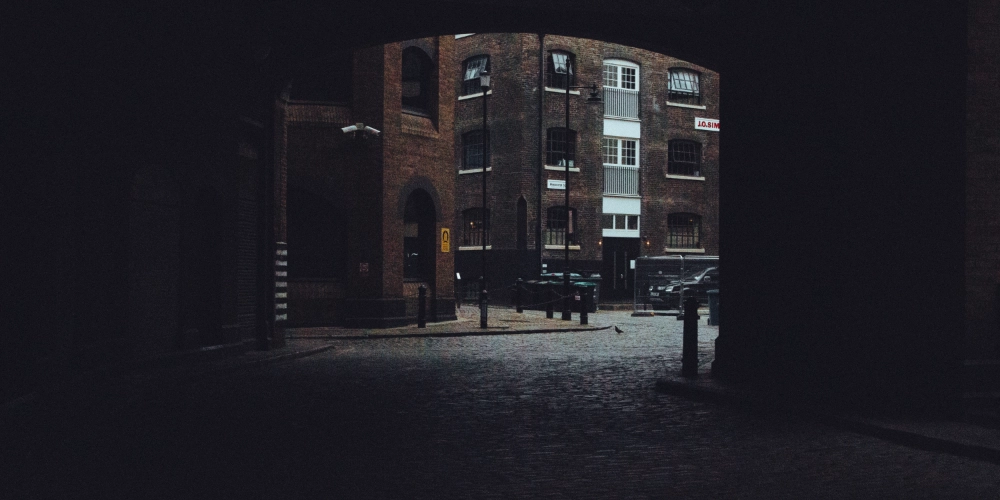RCN survey highlights nurse abuse
Community Nurses at risk survey suggests

Almost half of community nurses have been subjected to abuse during the last two years, according to a Royal College of Nursing (RCN) survey published today.
The RCN questioned 1,324 members working in the community and found that in more than 11% of cases, this involved physical abuse or assault as well as verbal abuse.
Considering theere are currently 68,595 community nurses in the NHS, this means that 32,640 could have been subjected to abuse in the last two years, if the statistics are representative of the wider population, and the number of community nurses working alone seems to be growing.
Commenting on the results of the survey, RCN chief executive and general secretary, Dr Peter Carter, said: “It is horrifying to hear of a worsening situation, and one where people who go to work each day to care for people end up feeling alone, afraid and under attack instead. It is hard to give the best care when you go to work in fear – and we really need all employers to take the safety of their staff seriously.
“Sadly, it seems that the safety of staff is something that is subject to compromise when money is scarce. This is an utterly false cost saving – not only do staff often need time off following physical injury or assault, but the risk of stress and burnout is severe and can continue into long term absence,” he said.
Nearly half (44%) of those surveyed felt that the risks in their role have increased over the last two years, due to an increased caseload and lack of staff, increased expectations from patients and relatives, an increase in work out of hours, substance misuse issues and antisocial behaviour in the areas visited.
Only 22% said that their managers always knew where they were when they were working alone in the community, and almost half of staff (46%) said that risk assessments were carried out rarely or never, raising serious concerns about how they could seek help if they were the victim of a serious attack. Just over a third (34%) of lone working nurses have had personal safety training, and only 13% have access to a lone worker protection device, which were launched in 2009 by then secretary of state Alan Johnson. These looked like name badges but if you pressed it would alert your base and act as a recording device.
"The reason that those devices were so welcome was that the police said, 'look we cannot prosecute because it's one persons word against the other. Alan Johnson found £70m to fund the badges for two years, but what we know is that most of the £70m was not spent on badges at all, so the vast majority of lone workers don't have those devices."
One nurse told the RCN: “One specific incident, I was locked in a family home, they refused to let me leave. I was there some time and received no call from the office to determine my safety and after the incident there was no follow up with the family, no additional safety plan and in fact it was down to me to visit again. I took a student for back up!”
Heather Henry, vice chair of NHS Alliance Primary Care Network, said: "We should enforce a zero tolerance policy wherever nurses are. Nurses working in general practice nurses tend to have alarms in place and tend to be trained in how to handle patients who are giving abuse, and communication techniques in terms of how to calm patients down, it's certainly part of general practitioner training. It's more difficult when you're doing lone nursing and home visits to train nurses and have a lone worker policy."
Source Material - Nursing in Practice
Your message has been received and we will be in touch shortly.








.svg)
.svg)

.svg)
.svg)
.svg)
.svg)
.svg)













.png)
.png)



